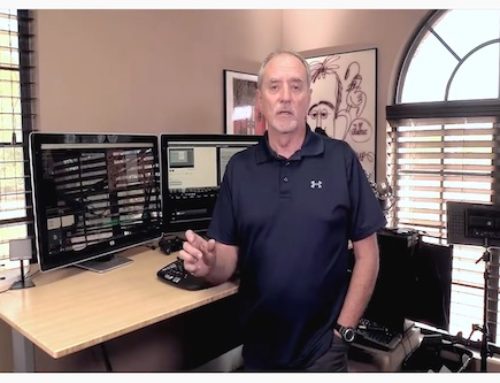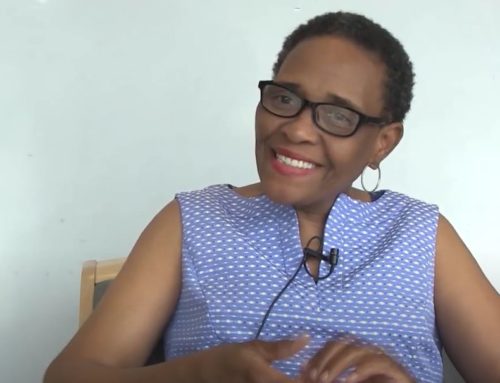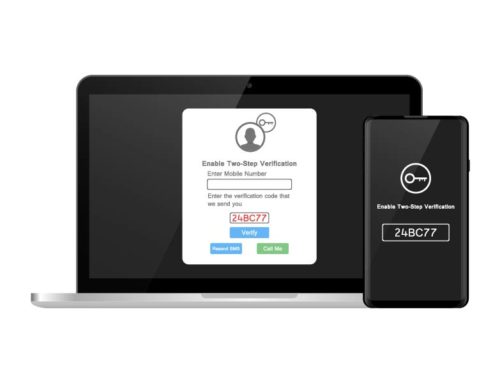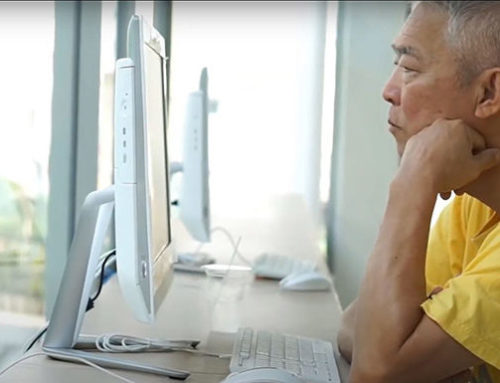I had a lovely surprise this weekend at the movie theater when the preview movie trailer for “Draft Day” played. See for yourself:
Yes, indeed, people over 50 are becoming more engaged with the digital world as a way to stay connected. According to the Pew Internet Project’s Social Networking Fact Sheet from September 2013, 65 percent of adults ages 50 – 64 use social networking sites while 46 percent of people 65 and over do.
Facebook in particular has become an important resource for people over 50. Facebook not only helps to combat social isolation but also improves memory. A preliminary study conducted at University of Arizona using the Oasis Facebook course found that older adults who used Facebook performed about 25 percent better than they did at the start of the survey on tasks designed to measure their mental updating abilities.
Technology may not be the first language of this group of “digital immigrants,” but they are completely capable of adopting new technologies. Since 2000, the number of people over 65 using the Internet has increased from slightly over 10 percent to 59 percent in late 2013—incredible progress.
To be sure, 41 percent of people 65-plus are not yet online and this certainly limits their access to information and to staying connected to loved ones. But connected or not, we now live in a world where technology is evolving more quickly than some people can keep up with. Mature adults not yet online report that they would need help to learn how to do so.
Although technology is “new school,” old school teaching methods rule to learn it. Reluctant learners with minimal technology experience continue to learn best in a classroom setting of people with similar technical experience with a patient teacher giving step by step instruction with plenty of practice time. Workbooks and handouts help new learners retain what they learned once they have left the classroom. Even people familiar with technology report they will continually need help to stay in step with these rapid changes. Grandchildren, public libraries and senior technology training programs are pitching in to help, but more training resources are needed.
Share your story about how you got started with technology. Who do you turn to for help with technology? Has Facebook made a difference in your life?
More information:
University of Arizona study on Facebook impact on memory





